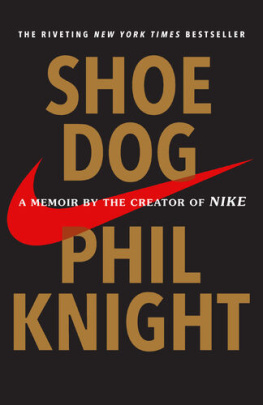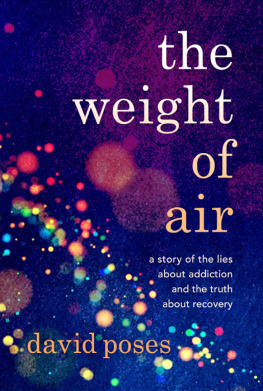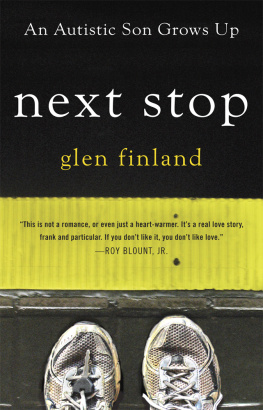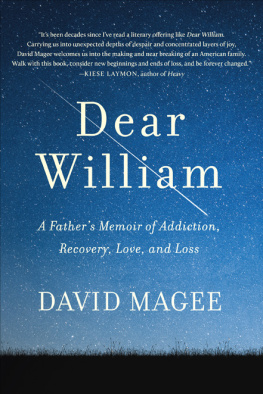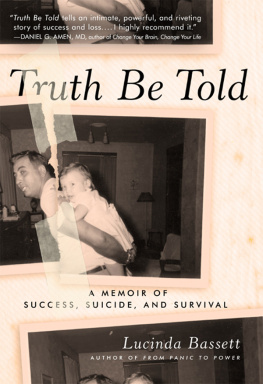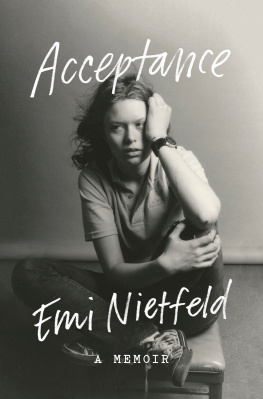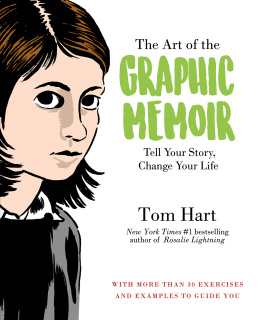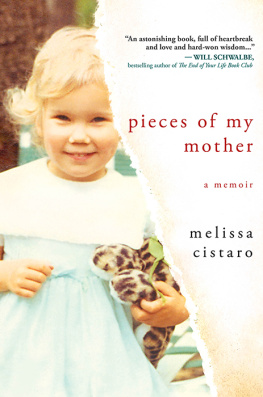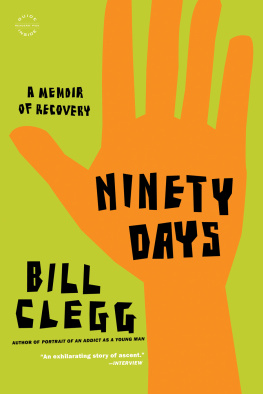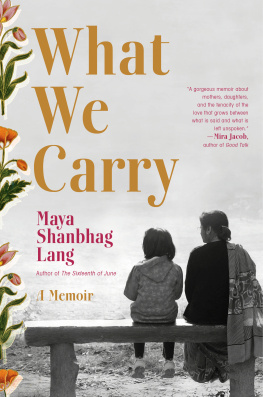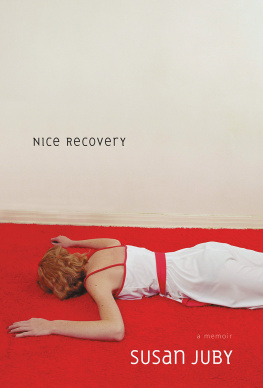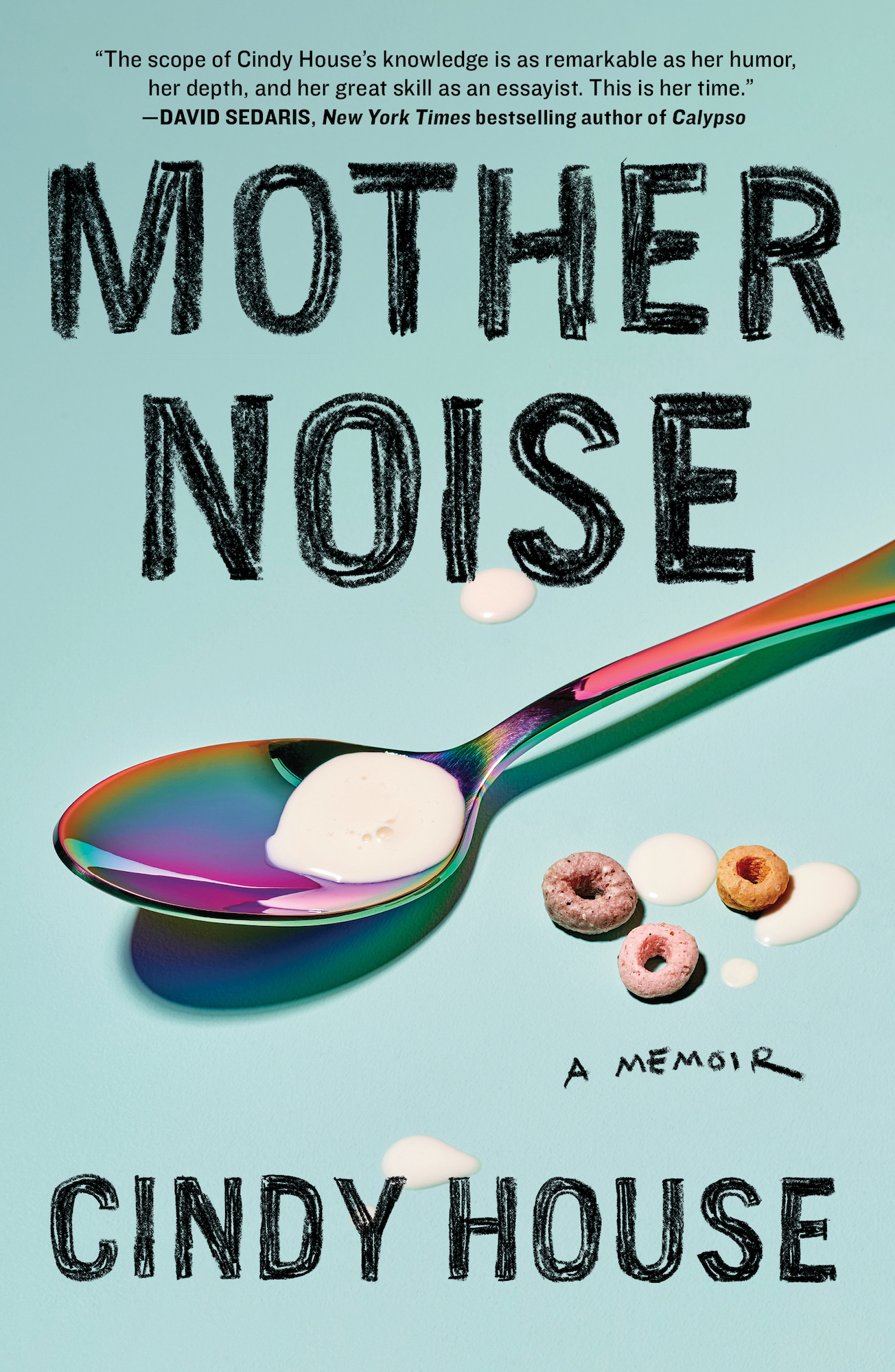Contents
Guide
The scope of Cindy Houses knowledge is as remarkable as her humor, her depth, and her great skill as an essayist. This is her time.
David Sedaris, New York Times bestselling author of Calypso
Mother Noise
A Memoir
Cindy House
for Atlas William
After the Telling
I N F EBRUARY 2017, STANDING IN an elementary school cafeteria under a ceiling full of tissue paperand-cellophane jellyfish, I decided I had to tell my nine-year-old son, Atlas, that I had once been a heroin addict.
I watched the crowd of kids do the Dab in unison to the DJs loud dance music. They all looked so much older on the dance floor, so different from the huddle of children squatting over a pile of Legos that they had been just last year.
My friend watched her son bend and twist next to mine. She told me about her impending divorce, holding her baby girl, who squealed with the music.
I think hes struggling, she said, watching her son. She looked gaunt and anxious. I wondered how much weight shed lost. She shifted the baby to her other hip. I just want my kids to be okay in spite of our stupid adult crap.
On the dance floor, I watched my boy trying to catch on to the moves his friends were doing. All the kids arms went up in the air and he followed, a beat behind.
If I dont tell him soon, it could become a lie by omission, a distance between us, a secret that might leave him feeling like he doesnt really know me.
The girls in my sons third-grade class pummeled him with balloons, circling him and abandoning their dance steps.
It might take me months to work up to it, but I had to tell him.
A few years before, a writer friends kind, musical, lovely twenty-three-year-old son had died by suicide after a long struggle with addiction. Because I know my friend was an excellent, empathic, involved mother who did everything she could to save her son, I began to worry about mine. It was as if the threads of our lives suddenly knit together and now the future awaiting my son and me was terrifying.
I have barely mentioned Atlas to this friend in seven years. She has told me how thoughtless people can be. She said one friend would email her photos of her little boy with the subject line, This will cheer you up. Sometimes seeing pictures of this other womans seven-year-old in rain boots, on the beach, holding flowers out to the camera, sent my friend to her bed for days.
I did not tell my friend that my sons therapist would say to me, on bad days, But your child is not her child.
I carry the possibility of disaster, the worry about what could happen, even as my friend gets up every day in spite of what did happen.
Yesterday, I saw a very informative video of a little girl demonstrating how to break zip ties binding her wrists with just the laces in her shoes. She was tiny, maybe eight years old or so. But she freed herself easily, with very little effort.
Should I show my son this video? Will he ever have a reason to need this information?
When my boy was three, I taught him that if someone should try to take him, if anyone picked him up and started to carry him off, he should not scream the word help but should instead scream, This is not my parent! I taught him to look for a mother with children should he become lost and find himself without me in a crowd.
Preparing to tell Atlas means thinking about that future conversation a lot. Hell be ten on his next birthday. I am about to try to publish a memoir that spells it out. If I dont tell, he could hear it from someone else.
My son likes to let people know that his first word was book. As a writer, I love that this was his first meaningful word. What if his first word had been no? And what if I was the kind of mother who would tell the story of his first word being no to get others to laugh at his defiant quality, some inherent naughtiness already present when he was a baby? Could this have changed who he is, how he sees himself?
There is evidence that addiction can be hereditary. When he knows my history, will he grow up and tell a new story about himself, feel an obligation to live out that which he sees as his fate? We want to protect our children from everything.
I have a video about addiction being a faulty coping skill, the result of trauma or neglect being imprinted on the addict.
I read a book about how recovering parents can talk to their children about their addiction.
I see myself sitting next to Atlas, maybe on our front steps.
Here. Come sit with me. Lets share a tangerine. Let me tell you how sad I used to be and all the ways I tried to disappear and how it almost worked.
These are things my son already knows about me: In elementary school, the other kids called me Cindy Mouse because I was timid. I hyperventilated often from trying not to cry. I liked to line up hundreds of my Fisher-Price people and then spend whole afternoons moving them one at a time, inch by inch, because it helped me think. I was afraid of balls flying at me, girls whispering behind my back, my mothers temper. I could not ride a bike until I was nine. Once, at summer camp, I was thrown into the deep end of the swimming pool as a method of instruction, probably because the teenage camp counselors were sick of my anxiety. In college, when I could not stop crying, I went to a hospital for one long winter where they locked me inside to keep me safe.
What he doesnt know: I was a heroin addict on and off for seven years in my twenties and thought Id never stop.
At age five, my son started having meltdowns several times a day and tantrums when he had to go to his father and stepmothers house. I told him stories about my own meltdowns as a child.
I told him about the time I lost my shit on the school bus because my mother had shoved me out the door in the pouring rain in boots I hated and did not want to wear. Before the bus even left my street, I was hyperventilating in my seat. The bus driver stopped the bus and made my older brother come to the front to sit with me, thinking that would calm me. With everyone staring, I could not get control of myself. My son listened to this story, still wiping away his own tears. The next day, as we sat at the table drawing together, he said, Mom, what was wrong with the boots?
It is only now that I am thinking of how to tell him about my past that I realize how much danger I was in back then.
When I was twenty-four, I broke my jaw in three places when I fell off the railing-less second floor of my loft space because I was drunk. The nurses discharged me with a little kit that held wire cutters and pliers. They told me to carry it with me at all times while my jaw was wired shut in case I got sick. I shoved it in a drawer and forgot about it.
The week I was unwired and could open my mouth again, I suddenly had this vivid image of what it might be like to vomit with your jaw wired firmly shut. For the first time, I realized that a person could die like that and it wouldnt be a nice way to go. I was so self-destructive and so rarely sober that I either didnt care if I died or I was incapable of thinking things through to their likely conclusions.
I spent years trying to kill myself. Now I want to live forever, at least long enough to see my child grow into adulthood and not need me anymore. In my opinion, I am all that my son has, his only responsible parent. He is sensitive the way I was and I feel a pressing need to arm him with my understanding and kindness until he is strong enough to handle the cruelty and meanness in this world without inflicting it on himself as a way to try to cope with it.

